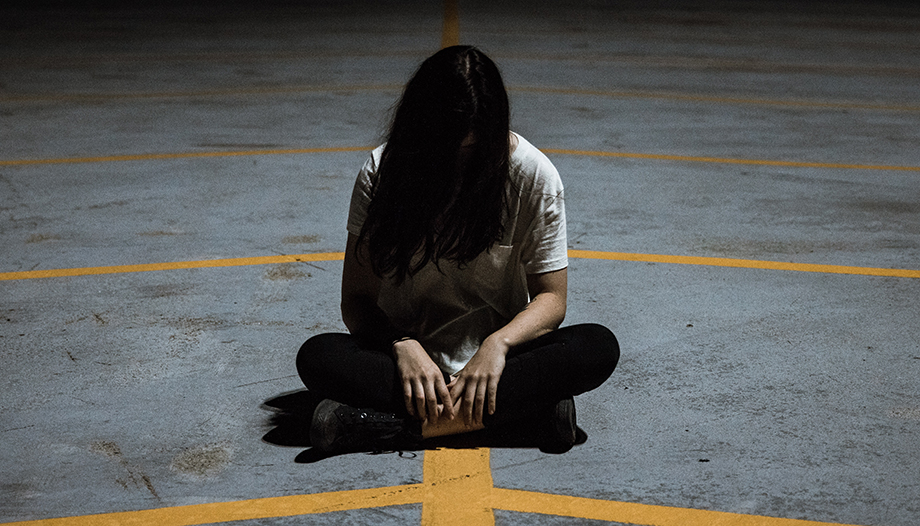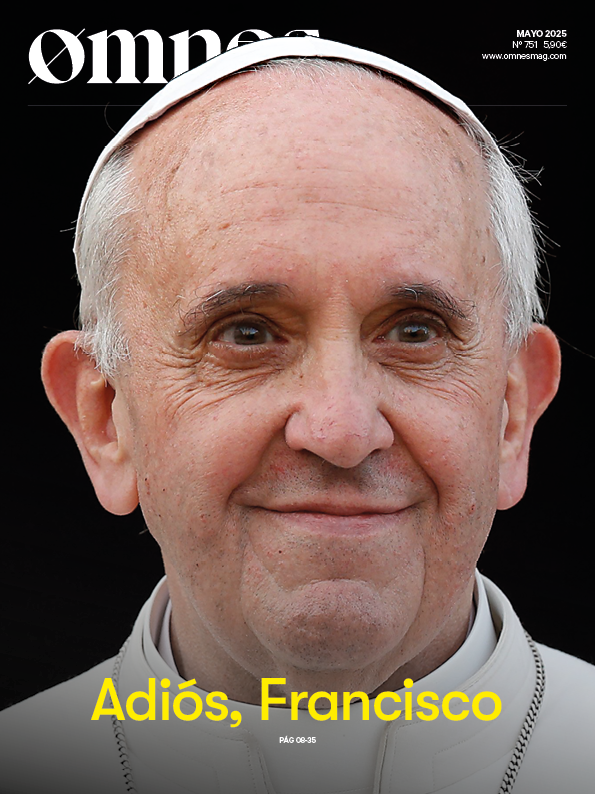All Catholics are pained in our souls by these acts, which are a grave matter before God and which are also grave crimes before mankind, leaving indelible negative marks on those who are the victims: "Whoever receives one such child in my name receives me. But whoever scandalizes one of these little ones who believe in me, it would be better for him to have one of those millstones hung around his neck which the asses move, and to be drowned in the depths of the sea." (Mt 18:5-6).
The bishops in Spain, in communion with the Holy Father and the entire universal Church, are committed to eradicating, as far as possible, this absolutely unacceptable behavior in all areas of society and, even more so, in the Church.
Especially in recent years, the Apostolic See has publicly asked for forgiveness on several occasions and has made a strong commitment to shed light on what happened and to the reparation of the victims as a priority.
Thus, Pope John Paul II published, in 2001, the motu proprio "Sacramentorum sanctitatis tutela"(The protection of the sanctity of the Sacraments), which was followed, in the time of Pope Francis, by the reform of Book VI (book on penalties) of the Code of Canon Law and, in 2019, again by a motu proprio of Pope Francis entitled "Vos estis lux mundi" (You are the light of the world).
The Spanish Episcopal Conference, for its part, has sent to Rome for approval a very extensive and detailed General Decree on how to deal with abuses in the Church, whose approval we are awaiting.
Each Diocese has created an Office for the Protection of Minors and Prevention of Abuse to receive complaints, accompany and assist victims as a preliminary step to criminal legal treatment if appropriate.
The initiative of these political parties for Congress to examine the cases of abuse in the Church should not be interpreted as if the bishops are not doing anything, nor are they interested in clarifying the cases of abuse, nor the pain of the victims.
This is not the case.
In the Episcopal Conference it did not seem convenient to create a national Commission to examine the cases of abuse committed, as, for example, the French Episcopal Conference has done, because it seemed to be a way that does not solve the problem. These initiatives bring to light an absolute number of cases, which subsequently receive well-founded criticism as to their statistical accuracy because it is objectively difficult, over such a long period of time, to be precise.
To the Spanish Episcopal Conference, until now, it has seemed more effective and fair to study case by case, also the cases of the past, but with procedural guarantees and an attitude of sincere and Christian help to the victims, trying by all means to repair the damage, as far as possible.
Perhaps in the past we did not take sufficiently into consideration, neither in the Church nor in society in general, the enormous gravity of these events, which are linked to our human condition, which struggles in a never-ending battle against what is not worthy of human beings. It is time to react and for all of us to make every effort to stop, as far as possible, these deplorable events.
We are sincerely committed to this in the Church and the Lord will help us.








